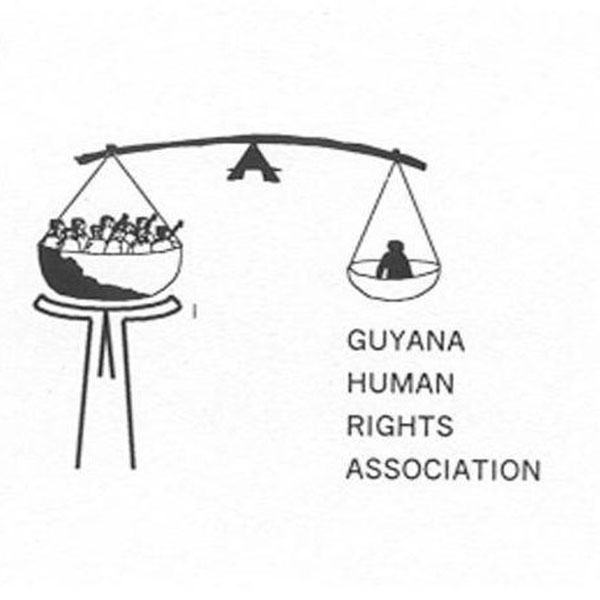For any claim to inclusivity in decision-making to be meaningful, a robust challenge to elite capture of the Guyanese State is needed, so said the Guyana Human Rights Association (GHRA) in a press release on Friday.
The most significant civic achievement in this respect, says the release, came in the form of securing inclusion of Article 13 in the Constitutional Reform process of 2001. The reality, however, is that governments, despite the constitutional weight of Article 13, have continued to be disdainful of civil society as a sector.
GHRA says that the new administration’s elevation of governance to ministerial level is a signal of government’s intention to recognize the significance of giving life and substance to Article 13 as a precursor to revitalizing the quality of broad-based consultations. GHRA, however, states that to date no substantive gains from this achievement have been realized. The human rights watchdog release goes on to state that Article 13 represents the most advanced articulation of good governance in Guyanese law, and that this formulation recognizes the civic sector organizations as constitutional actors in meaningful and effective decision-making in public life.
Article 13 says “No person shall be hindered in the enjoyment of participating through co-operatives, trade unions, civic or socio-economic organizations of a national character, in the management and decision-making processes of the State.“
Alluding to the ‘dominance of money’ the human rights monitor cautioned against the consultation being undermined by what it calls ‘state capture’, a situation it describes where laws and policies are effectively shaped by powerful groups and individuals to their own advantage. Guyana’s woefully flawed political system, already deficient in accountability to voters, is particularly vulnerable to capture of this nature, the release added.
It also decried the restrictive policies imposed upon the ‘voluntary sector’ and the status enjoyed by the business community, particularly since that sector continues to able to benefit from a privileged access to influence policies.
Citing its NGO status as an example, GHRA is a local not-for-profit organisation, and was legally incorporated in 1979 as a Company Limited by Guarantee and required to file company tax returns at the end of every year. While the format has somewhat changed, the release stated, the alternatives to company incorporation still retains legal and patronizing restrictions on the voluntary sector.
Additional obstacles to voluntary sector development are the absurd requirements imposed by the banking sector, requiring annual financial reports and business plans at the beginning of every year as if non-governmental organisations (NGOs) were operating as businesses. Indeed, the financial sector’s ability to impose draconian anti-money laundering legislation on every citizen with a private bank account is a prime example of how ‘State capture’ works.
Referring to the business community, the press release stated that that sector continues to be the default sector for political consultation. No other sector – whether trade union, professional, faith-based or voluntary – enjoys any such privileged access. This situation is sustained, both financially and politically, by an international community which has well and truly nailed its colours to the mast of market-driven development. This mismatch of sectoral access to decision-makers: the one fawned over and the rest left to their own devices is the major challenge to even-handed consultation on laws and policy.
The release notes a trend surfacing in civil society itself – encouraged by the international community – which is the creation of a civic equivalent of the Private Sector Commission (PSC). This is not an acceptable model for the voluntary sector, says GHRA, as it proffered that the legitimacy of civic leadership is rooted in grass-roots activism. This process, says GHRA, is undemocratic, and leaves isolated ‘leadership’ ripe for ‘capture’ by political actors.
On a more positive note, the human rights watchdog notes that there are trends of more transparent and democratic civic governance, better suited to Guyana, that in recent years have begun to emerge. During the past administration, GHRA noted that the model adopted to manage the Extractive Industries Transparency Initiative (EITI) marked a significant positive development in governance thinking.
The next few months will be critical for shaping the legal and policy framework that will govern Guyana for years to come, says GHRA, and it notes that government has indicated its intent to move forward on electoral and constitutional reform – albeit as two distinct processes (reform of the all-important Natural Resources Fund Act (NRFA) is also on the cards). GHRA admits that while this resolve is good news, the factor(s) determining the success or successes of these undertakings will be how well public consultation on them is managed.






